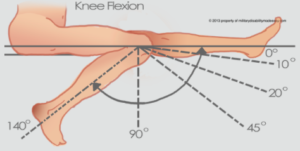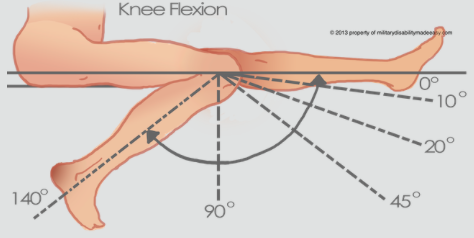Total knee replacement (TKR) is an orthopedic surgical operation that can enhance people who may suffer from knee pain. Read here for more information about the total knee replacement surgical operation. Although TKR helps thousands of people every year, candidates for TKR should be prepared for the surgery in order to improve outcomes.
Most TKR candidates suffer from knee pain and a decrease in the range of motion of their knee joint. If someone suffers from these obstacles, they may be interested in a TKR operation; but not all patients that are interested may be good candidates. Although an interested patient may face difficulties in everyday life, they must be as healthy as possible to undergo a TKR operation. There are a few health considerations an orthopedic surgeon will investigate to determine if a patient is a good candidate for a total knee replacement. These considerations are included in the current health of the patient as well as past medical experiences.
- A patient may be interested in surgery to increase the flexion of their knee joint.

Degrees of knee flexion (image from Military Disability Made Easy) The standard normal flexion of a knee joint is 120 degrees, although many daily activities may require flexion beyond that. Surgeons may expect patients to flex their knee reasonably well pre-surgery (roughly 100-120 degrees). This will enhance the patient’s probability of achieving maximum flexion after the surgery.
- A key characteristic when considering a total knee replacement is the pre-surgery stability of the patient’s knee. This primarily concerns the health of the ligaments and cartilage in the patient’s knee joint. If the patient has previously torn a ligament or has undergone a ligament reconstruction surgery, it may inhibit the patient’s ability to recover as quickly as possible after the surgery, meaning post-surgery rehab may take longer.
- Another characteristic considered by orthopedic surgeons is the overall health of the patient. The Body Mass Index (BMI) of the patient is an important consideration for the surgeon. An orthopedic surgeon may consider overall health factors such as diabetes, obesity, and any previous illness or disease of the patient. These are important considerations because if the patient is obese or has an illness, complications such as infection may arise after the surgery. If a patient is faced with a complication after surgery, they may have to undergo a revision surgery to correct the knee replacement. Completing a revision surgery is not an easy task for the healthcare team or the patient, so an effort must be made to avoid a revision. With today’s technology and medical practices, infections are not likely during a TKR, but all precautions must be taken seriously.
These are some general considerations of orthopedic surgeons when considering candidates for total knee replacement. If you feel you do not meet some of the considerations, do not consider yourself a “bad candidate.” If you are as healthy as possible before your total knee replacement surgery, your life should be much easier as you rehab after the surgery. Be sure to always consult a doctor when considering medical treatment, such as total knee replacement, to discuss specific knee implants, treatment, and rehab.
Sign up for the free newsletter and receive the 2017 Knee and Hip Replacement Price Report.
